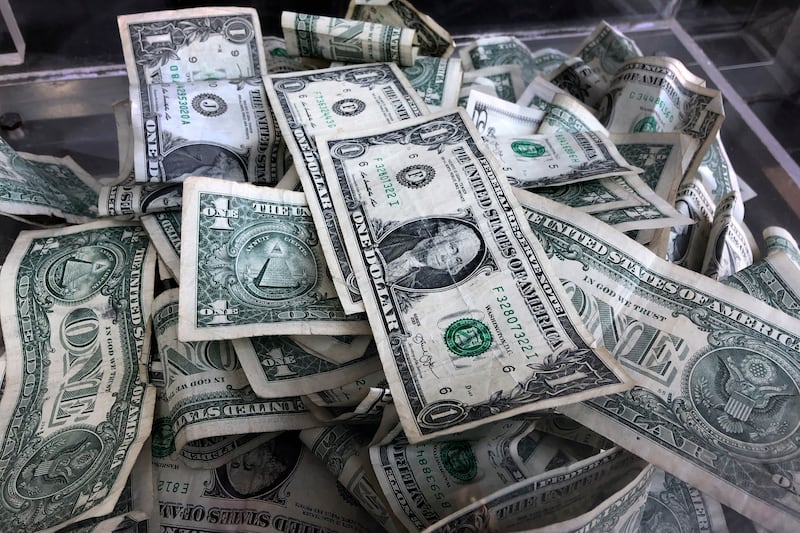Saving money is a principle that gives individuals financial freedom and security for emergencies, retirement and for the unexpected.
For those who are making low incomes, here are the best tips for saving your money at a quicker rate.
Knowing how much of your paycheck you should save
SoFi reported that a typical amount to save according to financial experts is, “between 10% and 30% of your paycheck, with 20% being a good figure to aim for. For $1,000, that would mean between $100 and $300, with $200 being the 20% figure.”
Financial experts report that this system is part of a budgeting rule called 50/30/20 “good goal to have” as your paycheck is split by:
- 50%: goes into spending on what you need.
- 30%: goes into spending on what you want.
- 20%: goes into your savings.
Some of the reported takeaways from this method of saving money, according to Investopedia are:
- “You should spend up to 50% of your after-tax income on need and obligations that you must-have or must-do.”
- The left over half will be “split up between 20% savings and debt repayment and 30% to everything else you might want.”
- This template “is intended to help individuals manage their money and save for emergencies and retirement.”
- “The purpose of the 50/30/20 rule is to balance paying for necessities while being mindful of long-term savings and retirement.”
- Be sure to track your changes in income, use automatic payment systems/automatic deposits and keep track of when you spend your money.
Credit Karma reported that this saving method “doesn’t work well” for those making a higher income or for those who live in areas with “high cost of living” as it, “calls for too much spending on wants versus needs or savings and debt.”
Once your put money into savings don’t touch it
The Balance reported that when people are not dipping into their savings for “overspending” it allows your money to grow.
If you do find yourself dipping into your savings, adjusting your budget or re-evaluating your spending could help you decide what is most important for you to spend your money on.
Financial experts report that your savings should be your “emergency fund” which accounts for:
- Unexpected medical bills.
- Major car repairs.
- Getting laid off or fired from a job.
- Home repairs and/or replacements.
Nerd Wallet reported that, “emergency funds create a financial buffer that can keep you afloat in a time of need without having to rely on credit cards or high-interest loans. It can be especially important to have an emergency fund if you have debt, because it can help you avoid borrowing more.”
In the 50/30/20 rule cut down your cost of wants
American radio personality and finance guru, Dave Ramsey reportedly said, “if you will live like no one else today, later you can live like no one else.”
Juno Finance reported following the previous statement that in order to “live big in retirement” it starts from living small currently.
In a social media post, Ramsey cautions the public that they should wait “overnight before making big purchases,” because spending a lot of money on something deserves an “informed decision.”
Facebook user, Amy Walk commented on the post saying, “my grandfather taught me that all big decisions be slept on at least one night and if the salesperson is pushing with a discount that expires the same day, then they don’t deserve your business.”
Introduce another stream of income
While it is much easier said than done these days, having another stream of income that you specifically put all the money made into savings can help you save money faster.
Finance Buzz reported that a couple ways to earn some extra cash on the side are:
- To earn money online through taking surveys.
- Delivering Uber Eats or Door Dash.
- Buy and sell stocks.
- Enter giveaways.
The Penny Hoarder also reported on this topic with ideas like:
- Getting paid by companies to watch movies.
- Getting paid by companies to try their apps.
- Getting paid by companies to review their products.


